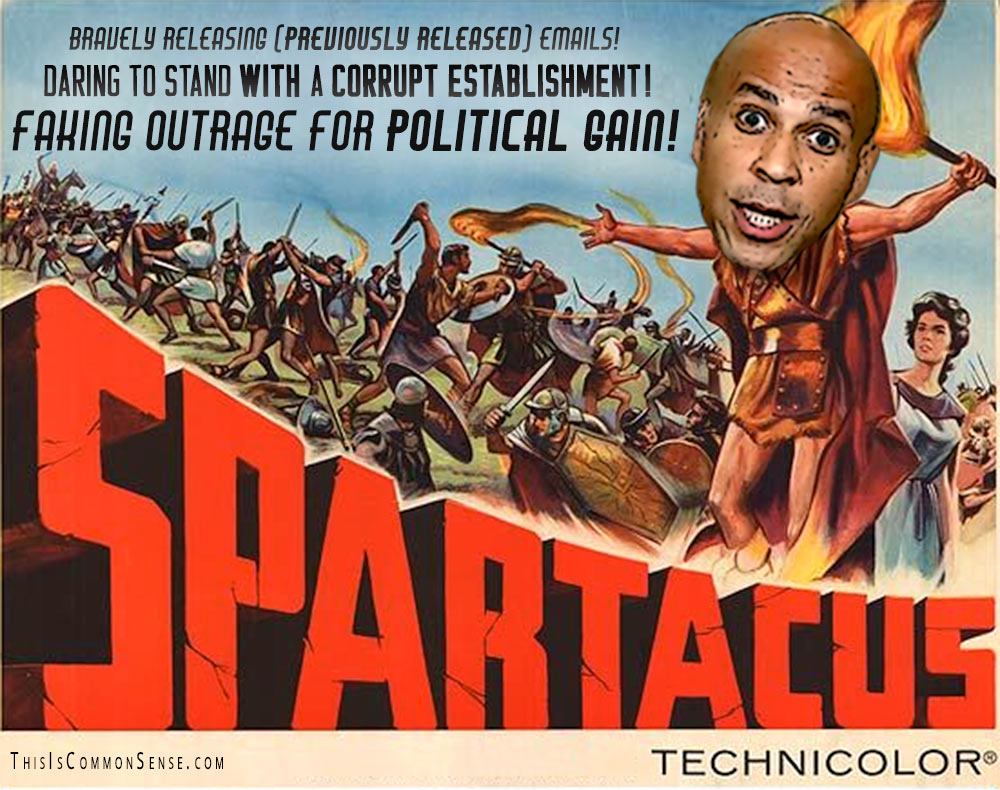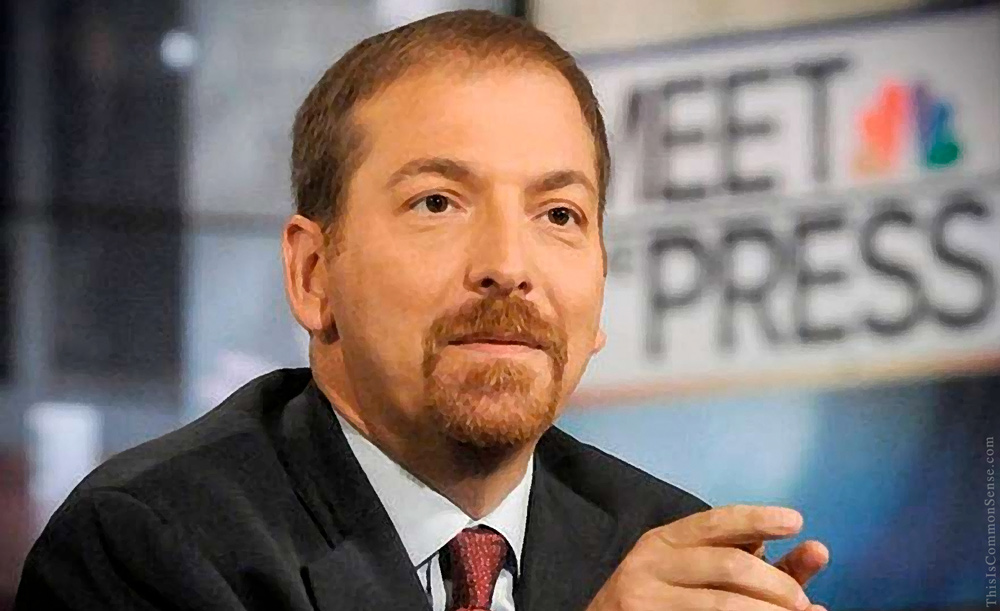“This is about the closest I’ll probably ever have in my life to an ‘I am Spartacus’ moment,” Corey Anthony Booker said, referring, during last week’s Senate hearings, to his “leakage” of confidential emails from Supreme Court nominee Brett Michael Kavanaugh.
How the mighty have fallen. Senator Booker, when mayor of Newark, seemed an up-and-comer.
Now? A down-and-goer?
“I come from a long line, as all of us do as Americans, of understanding what that kind of civil disobedience is, and I understand the consequences.” It was almost a Br’er Rabbit Briar Patch Moment, performatively suggesting, “whatever you do, don’t censure me.”*
The moment Senator Booker was referring to was from Stanley Kubrick’s Spartacus, where a group of slaves all claim to be Spartacus, the leader of the rebelling slaves. Booker mostly missed the point of a great movie scene.
That wasn’t all he missed. The emails he leaked (a.) had in fact been previously released to the public; (b.) he knew this; and (c.) they somehow failed to provide that killer proof of Kavanaugh’s racist love of racial profiling.
Funny, in a cringe-inducing sort of way, as when someone tries to tell a mildly risqué joke at a church social . . . and flubs it.
Booker was not the only one to make a fool of himself at the Senate’s Supreme Court nomination hearings. Though Kavanaugh doesn’t seem so scary, Democrats have gone off the beam, even so far as to engage in ululations of protest.
Why?
I have several theories. But maybe it’s just that they are out of power.
It’s especially hard being out of power when power is what you are all about.
This is Common Sense. I’m Paul Jacob.
* Being seen as the underdog is so persuasive that some will put themselves under a dog.











